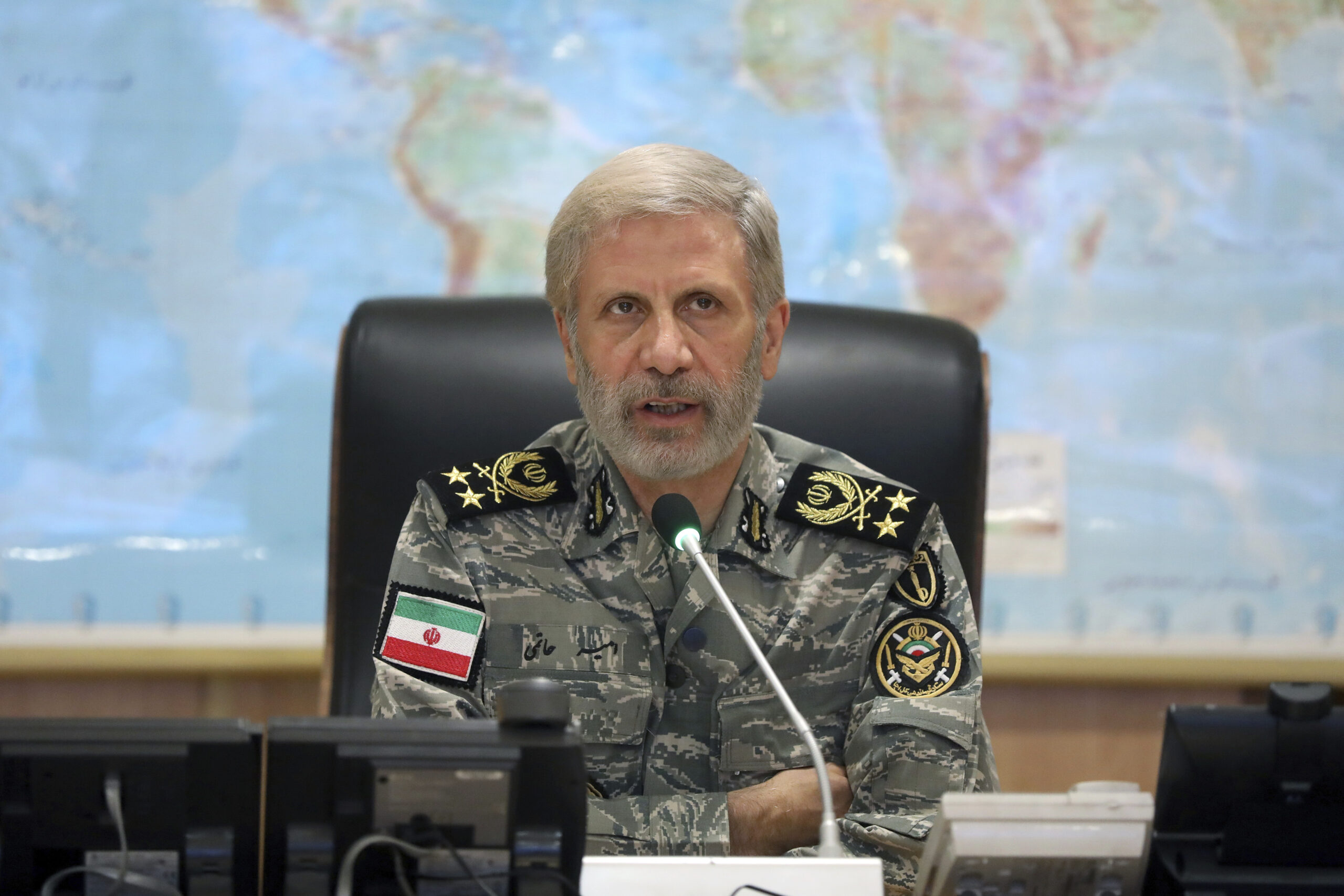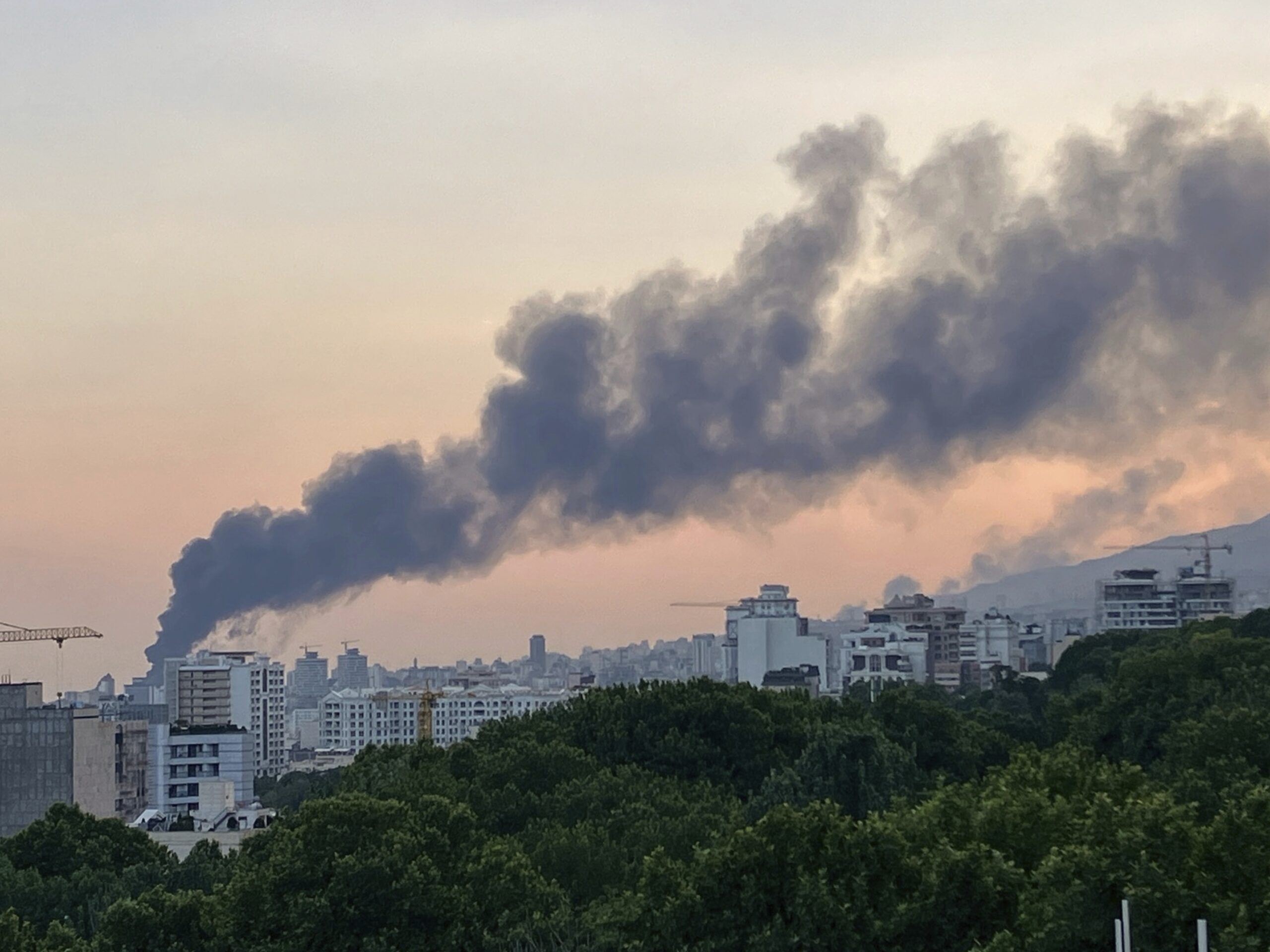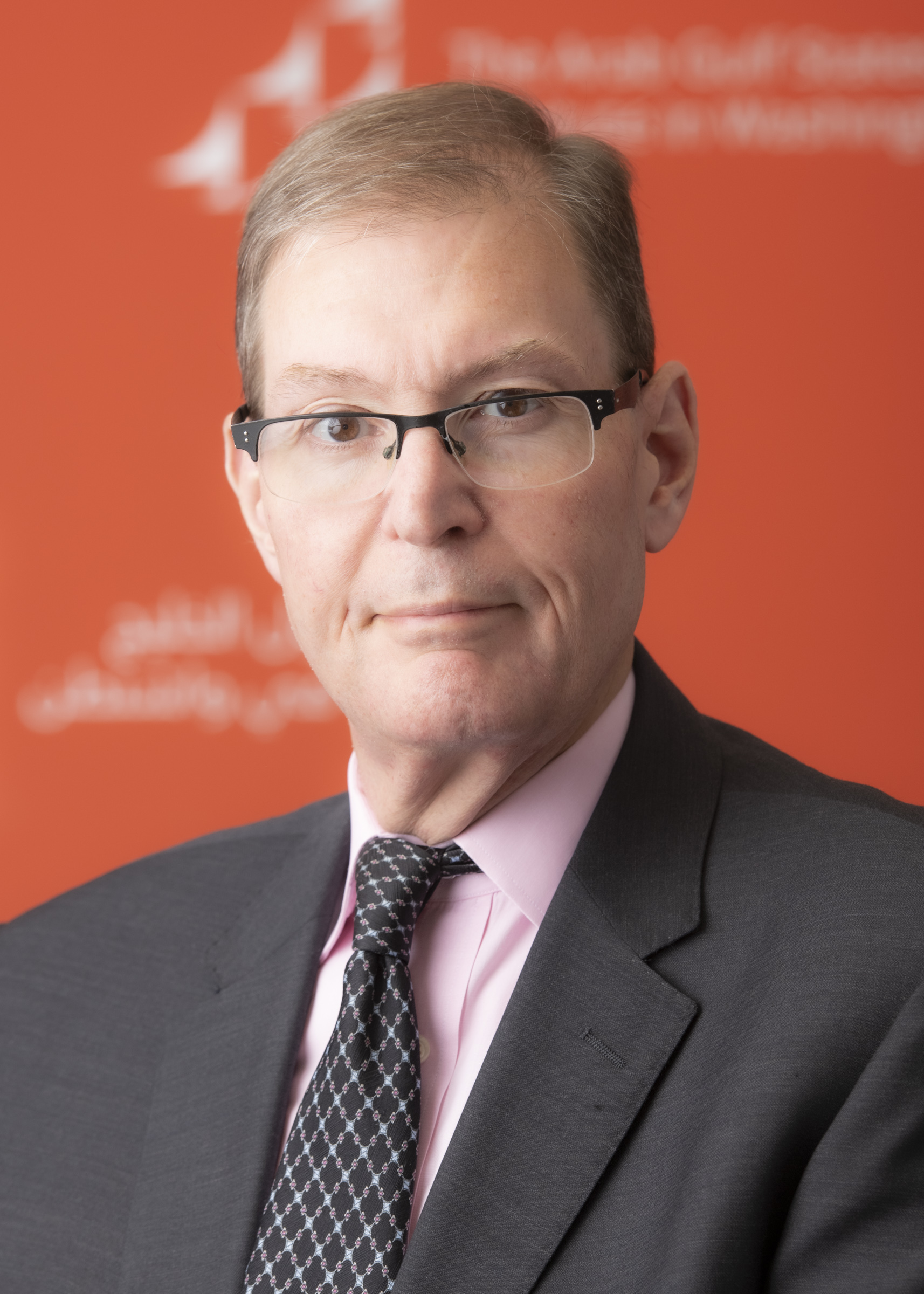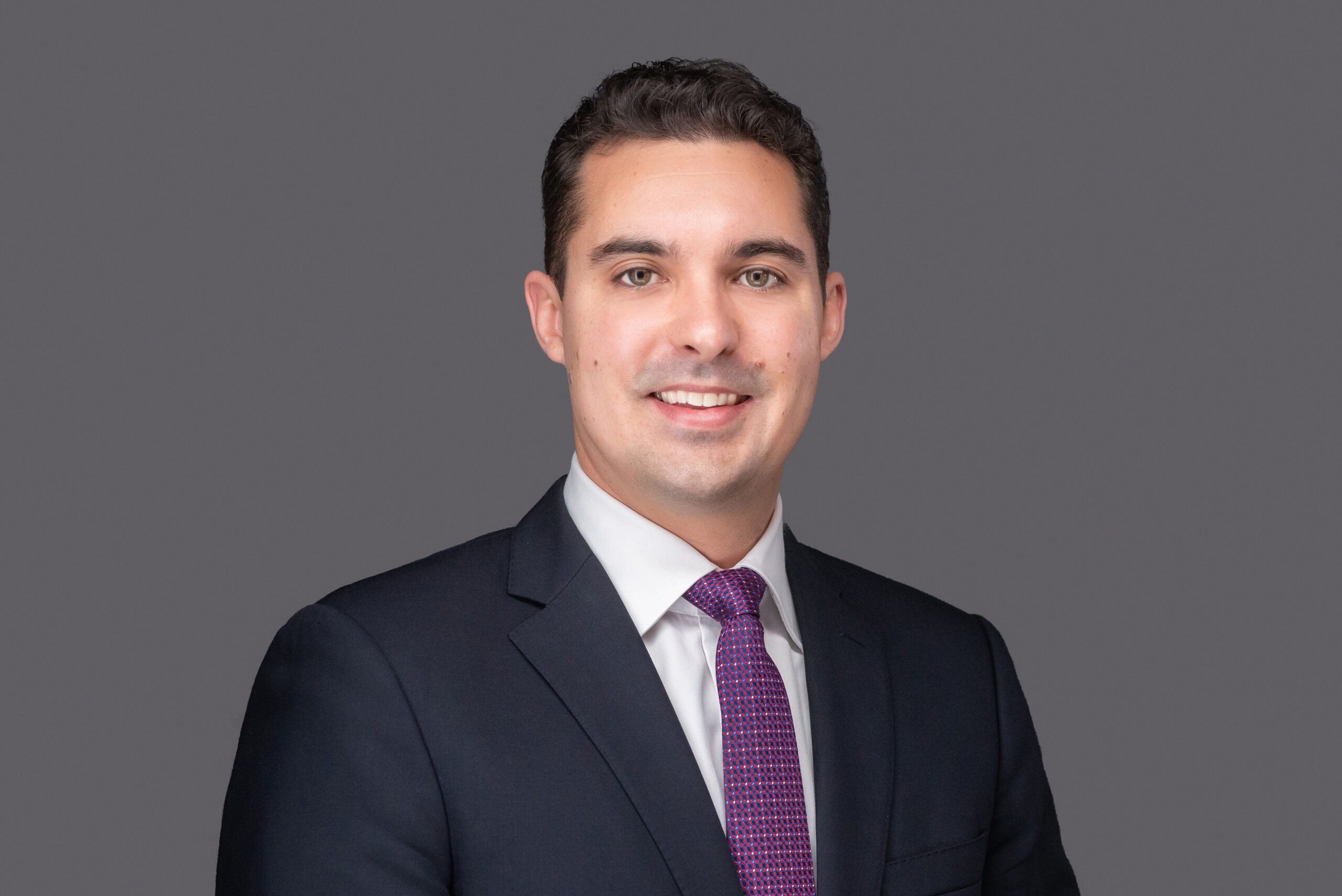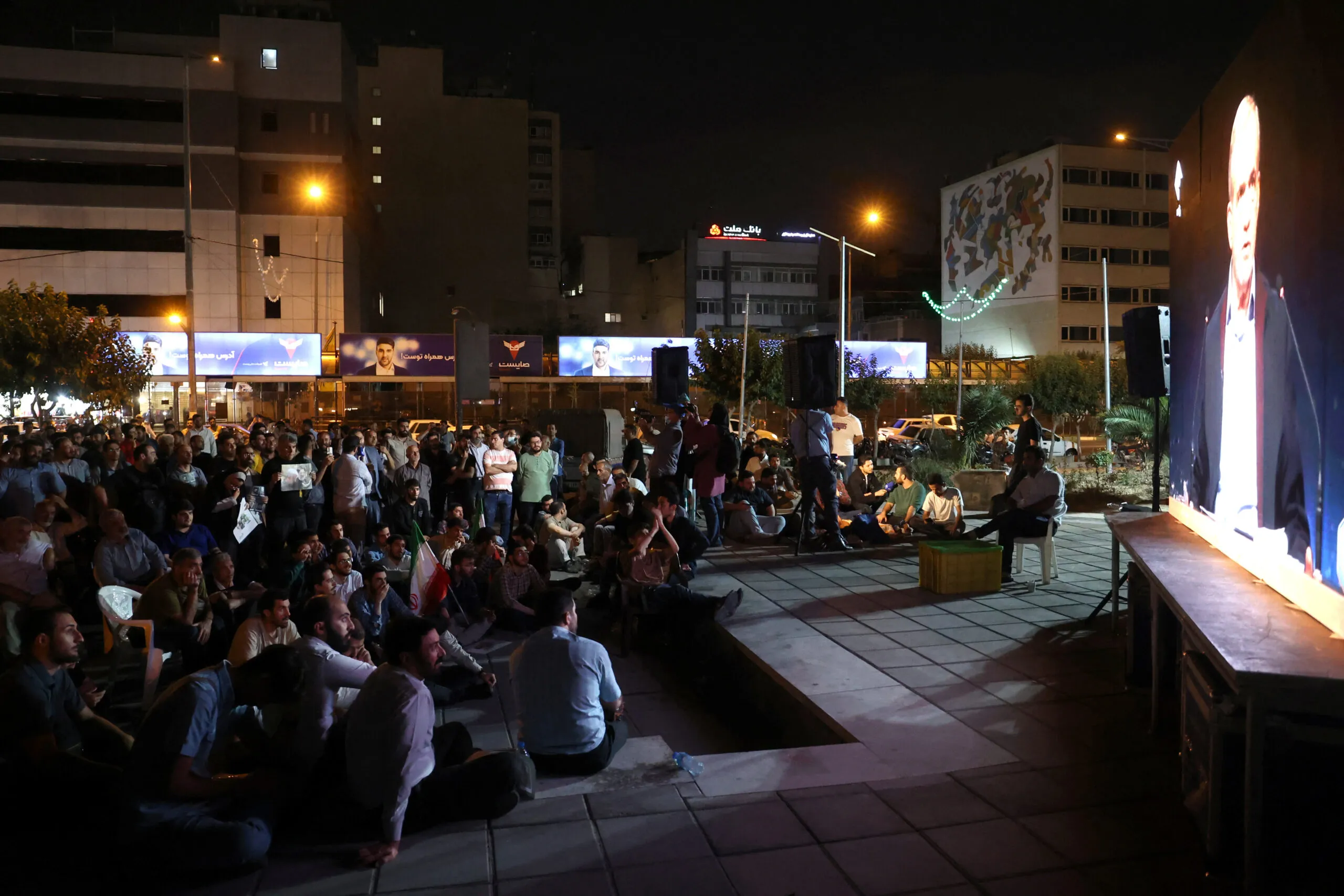Aug 9, 2022
IRGC Media: Limited Oil Exports No Incentive to Revive Nuclear Deal
The August 9 edition of the Iran Media Review considers the perspective of the Islamic Revolutionary Guard Corps on whether removal of U.S. sanctions on Iran’s oil exports is sufficient incentive to revive the nuclear deal.
Is the prospect for removal of U.S. sanctions on Iran’s oil exports enough incentive to reach a compromise in the diplomatic effort to revive the Joint Comprehensive Plan of Action nuclear deal with Iran? No, according to Iranian international affairs analyst Seyed Mostafa Khoshcheshm’s interview with Islamic Revolutionary Guard Corps mouthpiece Basirat.
- August 1: “The Western side has still not accepted Iran’s dual conditions of economic guarantees and delisting hundreds of individuals and companies from the sanctions list … Should these two conditions not be met, more than 50 percent of benefits of an agreement evaporate.” Turning to Iran’s oil exports, Khoshcheshm said: “Americans and the Europeans, rather than Iran, will benefit most from adding a million and half barrels of oil to Iran’s exports. Otherwise, Europe, lacking oil and gas, will experience a very hard winter.” He concluded: “The American side believes no deal is better than a bad deal … We should emulate the U.S. behavior by insisting on our conditions. Continuation of the war in Ukraine and increasing energy prices in the coming weeks increase the pressure on the Western and American side, and time and negotiations are on Iran’s side.”
The interview can be interpreted as strategic messaging to shape current nuclear negotiations between Iran and the United States in Vienna, but it may just as well reflect the IRGC’s analysis and preference.
After all, the IRGC, which was designated a foreign terrorist organization by the State Department on April 15, 2019, is likely to remain on the list and will not economically benefit from U.S. removal of sanctions. Continued sanctions against Iran’s oil exports, on the other hand, will secure the IRGC a share of the oil it smuggles out of Iran and sells on the international black market. Just as important, if Iran does not return to the JCPOA, and incrementally gets closer to producing a nuclear bomb, the IRGC will benefit as the bomb’s custodian.
The views represented herein are the author's or speaker's own and do not necessarily reflect the views of AGSI, its staff, or its board of directors.

